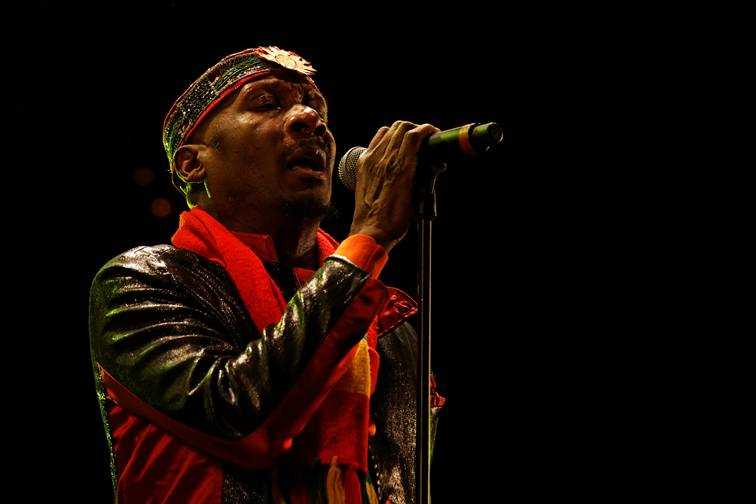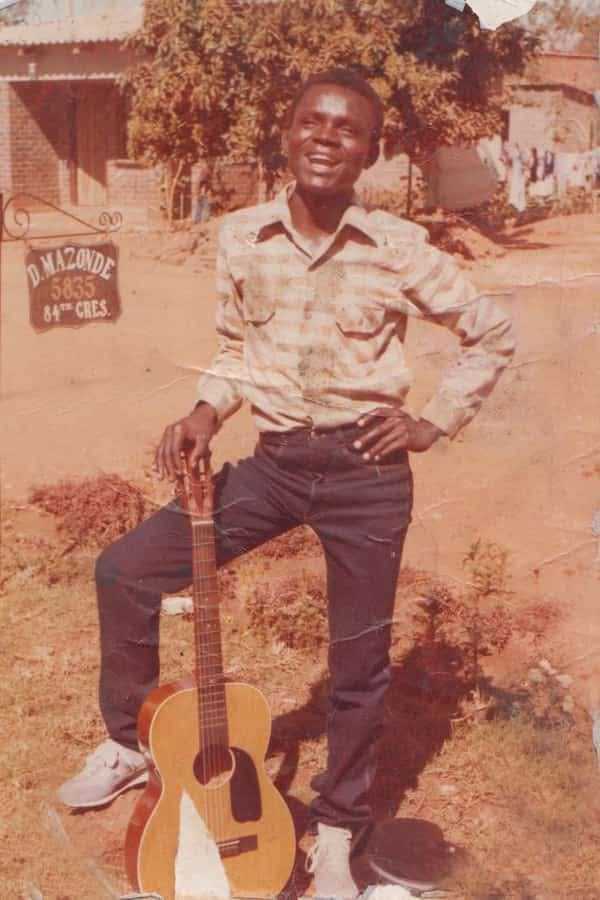A Tribute to a Reggae Legend Who Touched Zimbabwe’s Soul

Zim Now Tribute Feature
“Many rivers to cross… but I can’t seem to find my way over.”
When Jimmy Cliff sang those words in 1969, he could never have imagined how deeply they would resonate far beyond Jamaica — across oceans, across cultures, across time. Today, as the world mourns his passing at 81, the lyric feels like a fitting gateway into the life of a man who spent six decades turning struggle into melody, faith into rhythm, and hope into poetry.
His wife, Latifa Chambers, confirmed that the reggae luminary died after a seizure followed by pneumonia. The news has shaken the global music world — not because his departure was unexpected at his age, but because legends like Jimmy Cliff feel immortal. We expect their voices to stay with us forever. And perhaps they do.
A Giant Who Brought Reggae to the World
Born James Chambers in Somerton District, St. James Parish, in 1944, Jimmy Cliff grew from a curious village boy to one of the architects of reggae. If Bob Marley globalised the genre, Jimmy Cliff is the man who first opened the door.
His breakout role in the 1972 film The Harder They Come was a cultural earthquake — a film that carried reggae, Jamaican patois, street struggles, and island charisma to global audiences. His voice powered its soundtrack, and his defiant stare on the movie poster became symbolic of the era’s rebellious spirit.
Songs like:
- “Many Rivers to Cross”
- “You Can Get It If You Really Want”
- “The Harder They Come”
- “Wonderful World, Beautiful People”
became anthems of resilience across the Caribbean, Europe, the United States — and crucially, Africa.
Zimbabwe: A Special Chapter in Jimmy Cliff’s Journey
Jimmy Cliff’s influence in Zimbabwe was unforgettable.
In 1983, at a time when Zimbabwe was still fresh from independence and hungry for global cultural connection, Jimmy Cliff performed at Rufaro Stadium in Harare.
Coming after Bob Marley’s performance in 11980, the concert was another meshing of two young nations: Jamaica, where reggae was a voice for the oppressed; and Zimbabwe, where music had been part of the liberation struggle itself.
That Rufaro Stadium performance is still remembered by many as:
- one of the earliest major international concerts in independent Zimbabwe,
- a cultural bridge between Africa and the Caribbean,
- a night when the new nation danced, cried, and celebrated with a global icon.
For a generation of Zimbabweans — especially those who grew up in the reggae movement of the 1980s and 1990s — Cliff was not just a Jamaican artist; he was family.
Related Stories
His influence flowed into the music of local reggae greats, radio DJs, and township sound systems. To this day, Zimbabwe’s grassroots love for reggae — from Mbare to Mutare — contains a little piece of Jimmy Cliff’s spirit.
A Life That Refused to Be Ordinary
Few artists have worked as hard, or crossed as many cultural boundaries as Jimmy Cliff.
He was:
- inducted into the Rock & Roll Hall of Fame (2010),
- awarded Jamaica’s Order of Merit,
- one of the last living musicians from reggae’s foundational era,
- an actor, composer, philosopher, and humanitarian.
Even in his later years, he remained politically aware and spiritually grounded, speaking about the African diaspora, inequality, identity, and love.
His final works, including Refugees (2022), showed a man still wrestling with the world — but always offering hope.
Why His Death Feels Personal
Jimmy Cliff’s passing hits deeply across Africa for three reasons:
He sang the struggle in a language everyone understood. Pain, migration, resilience, optimism — his themes were universal.
His music was part of the soundtrack of post-independence Africa Zimbabwe, Zambia, Botswana, Kenya — Cliff played on radio, at rallies, on long bus rides, in bars, in homes.
He represented global Black identity and dignity. He lived proudly as a Jamaican, an African descendant, a man of purpose.
A Farewell Across the River
Today, as tributes pour in from around the world, Zimbabwe joins the global chorus of gratitude.
Jimmy Cliff may have crossed his final river, but the waters of his influence still ripple across oceans.
His voice will continue to rise in the quiet moments when someone needs to hear that they can get it if they really want. And somewhere in the spirit world, perhaps Bob Marley has welcomed him with a smile.
Rest in power, Legend. Too many rivers you crossed — and you carried us with you.



















Leave Comments